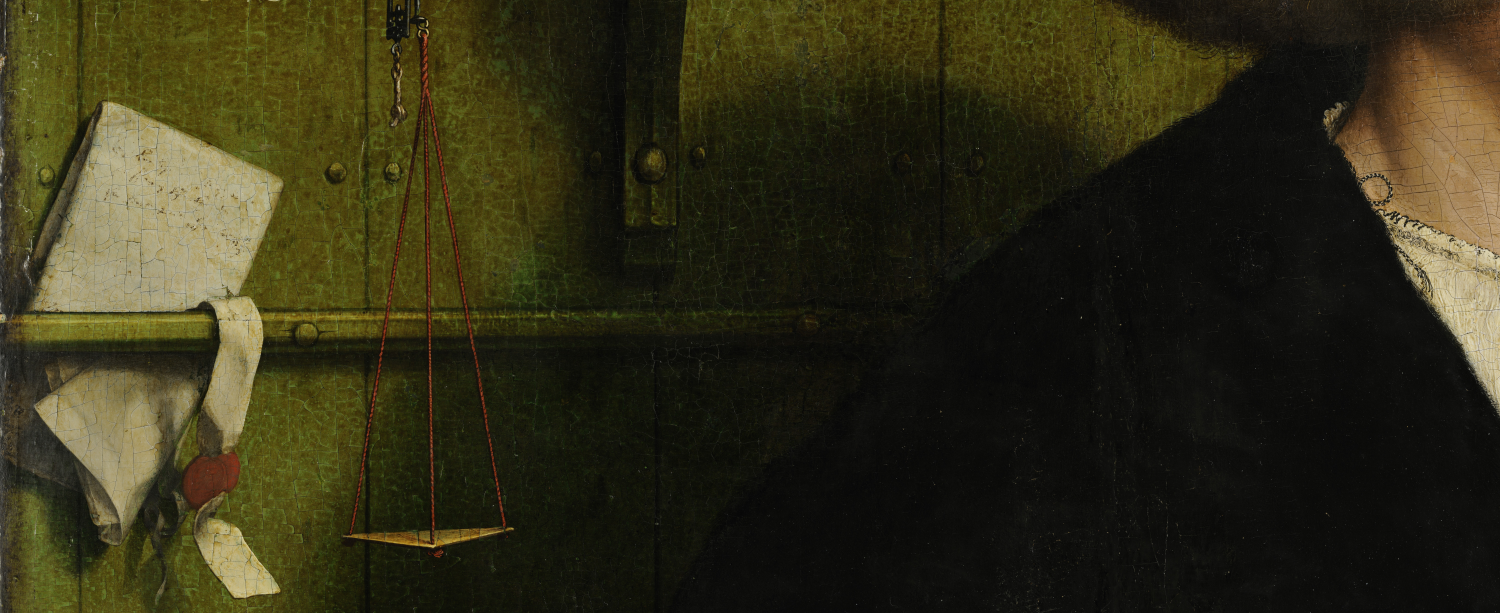Cultures of Conflict Resolution in Early Modern Europe (Cummins and Kounine)
Justyna Wubs-MrozewiczToday’s microreview is about a highly interesting volume, ‘Cultures of Conflict Resolution in #EarlyModern Europe’ (2016), edited by Stephen Cummins and @laurakounine. It frames conflicts and their management as accounts of change, and in particular discusses the lasting impact of John Bossy’s legal anthropological ‘Disputes and Settlements’ (1983).
Several contributions take issue with the notion of diminishing violence in the course of history, as posited by Norbert Elias and more recently by Steven Pinker. There are three main themes: peacemaking as practice; varieties of early modern mediation and arbitration; the roles of criminal law in interpersonal conflict. From the point of view of our project, one of the captivating insights is that #conflictresolution was not always positive and consensual, but rather ‘a product of domination and reinforcement of inequality.’ Another is a reminder of Simon Roberts’ statement that the distinction between mediator and adjudicator should be seen as a continuum, not a rigid typology. An article to be highlighted: John Jordan’s very clear historiographical overview of the application legal anthropology is of use for many #twitterstorians, especially for future avenues of research: the role of violence, global approaches, #legalpluralism, the shift from the urban to the rural, and attention to #legalism.
